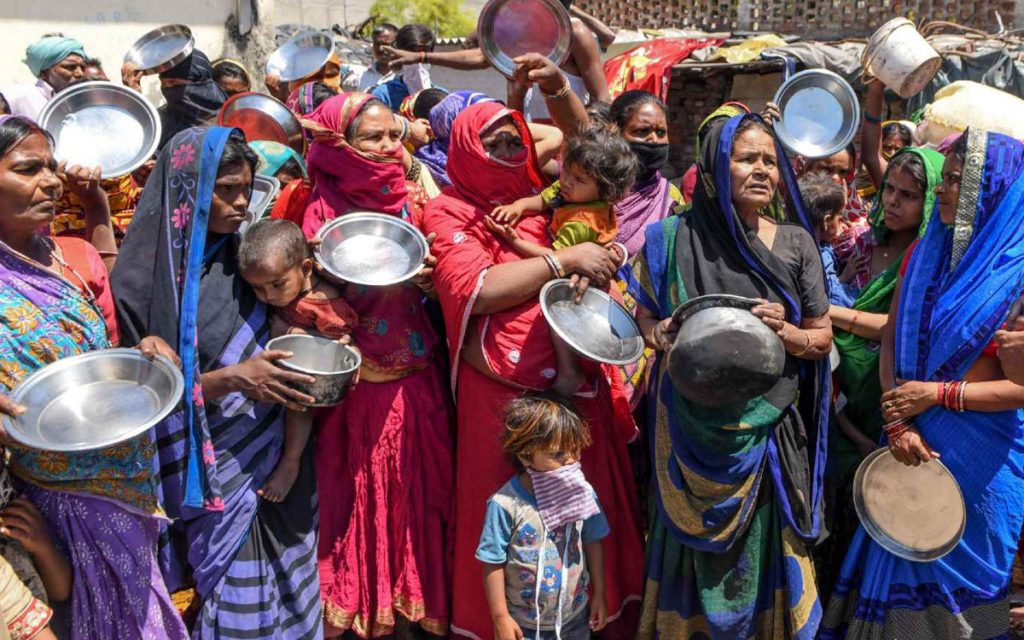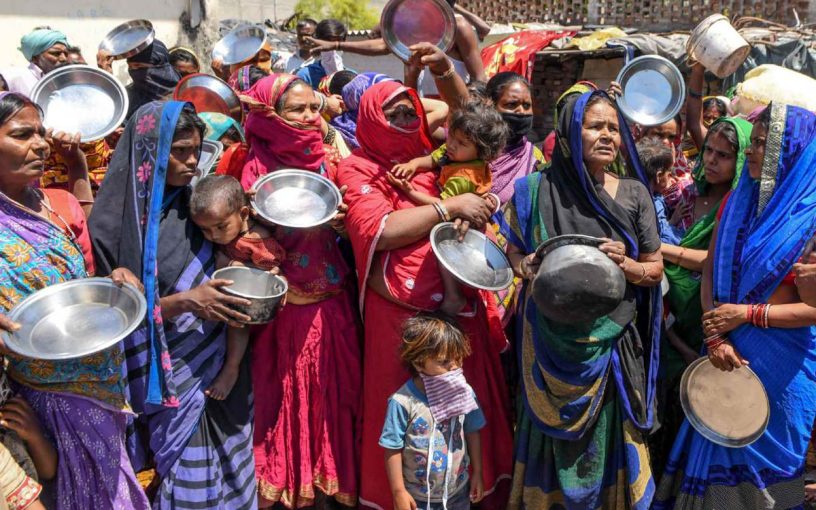
Despite their massive contributions to the global agricultural system, women are among the first victims of food insecurity themselves, says the study.
Authors
Sriroop Chaudhuri, Co-Director, Center for Environment, Sustainability and Human Development (CESH), Jindal School of Liberal Arts and Humanities, O.P. Jindal Global University, Sonipat, Haryana, India.
Mimi Roy, Co-Director, Center for Environment, Sustainability and Human Development (CESH), Jindal School of Liberal Arts and Humanities, O.P. Jindal Global University, Sonipat, Haryana, India.
Louis M. McDonald, Davis College of Agriculture, Natural Resources and Design, West Virginia University, Morgantown, West Virginia, USA.
Yves Emendack, U.S. Department of Agriculture-Agricultural Research Service (ARS), Lubbock, TX, USA.
Summary
Mounting concerns over food insecurity have emerged as a key agenda in many recent global development dialogues, on accounts of observed and expected health outcomes. The present study attempts a reflective summary around a yet little-explored aspect of food insecurity: health and social ramifications of coping behaviours (adaptive strategies to improve food availability, accessibility, utilisation, and stability), with specific emphasis on women and children.
We conducted a systematic literature with different search engines and databases to identify a diversity of recent journal articles, reports, working papers, white papers, proceedings, dissertations, newspaper articles, book chapters, and grey literature, published in the post-2000s period.
We thus identified two broad generic categories in the relevant global literature: coping behaviours that are (a) non-food (livelihood alterations) and (2) food-based. For women, the former includes outdoor employment, selling asset bases, borrowing food and/or money, and purchasing food on credit.
Food-based coping strategies included reduced daily meal portion sizes and reducing the frequency of food uptake or skipping meals altogether (i.e., Food Rationing); nutritional switch (i.e., Food Stretching); and Food Sharing. Coping behaviours involving children primarily include dropping out of school, begging, stealing, and Food Seeking (i.e., eating outside home, with relatives or friends, or at charitable institutions).
The likely health outcomes included stunting and wasting, disrupted socio-cognitive development among children. A subsidiary idea to conduct this study was to offer the concerned authorities an insight into the breadth of coping behaviours, so as to help them anticipate targeted and gender-responsive interventions on a priori basis.
We offer a discourse on what we refer to as time poverty, especially for farm women, resulting from obligatory outdoor employment, mostly as farm labourers to highlight a social paradox: women provide massive contributions in the translation of high value goods and services of a vibrant global agricultural system, and yet are among the first victims of food insecurity themselves.
This situation contradicts a number of the UN Sustainable Development Goals (SDGs), and aggravates gender disparity. In final section we appeal for more targeted, evidence-based research to establish direct causal linkages between food insecurity and coping behaviours, distinguishing them from life-as-usual scenarios. To that end, we present a brief critique on Coping Strategy Index (CSI) –a widely used tool to evaluate severity of coping behaviours.
Published in: Food Security volume 13, pages1049–1068 (2021)
To read the full article, please click here


